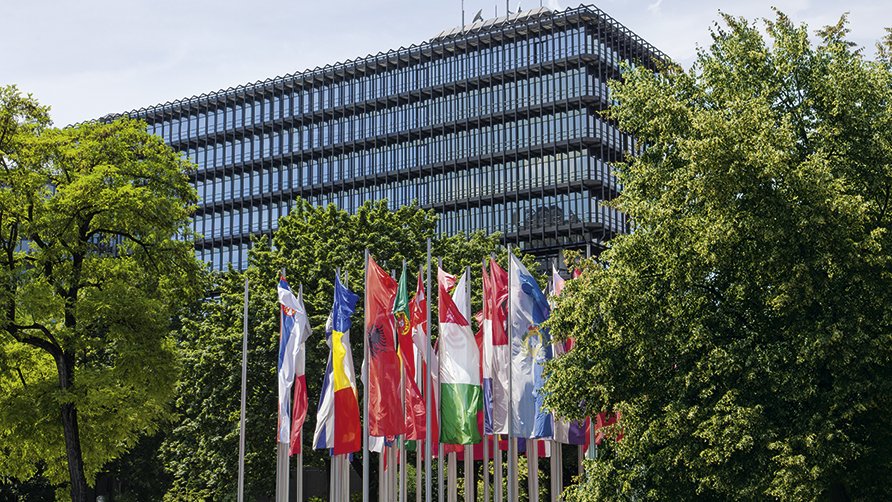
Industry criticises EPO plans
French biotech association France Biotech and German pharma association BPI point out that once a patent has been granted, it is no longer possible to broaden the scope of the claims or to file divisional applications on another aspect of the same invention. According to France Biotech’s Chairman Maryvonne Hiance, biotechnology companies usually do so very often. Thus, our biotech companies may prefer to delay the procedure allowing them to modify or refine the scope of protection according to the evolution of the invention. According to Nobert Gerbsch, Vice President of the German pharma association BPI, It can’t be in the interest of the pharmaceutical industry to prevent extensions of patents after 12 months.
Big Pharma, however, has different concerns. For global players, quality of patents is crucial, particularly in patent litigation. The European Federation of Pharmaceutical Industry Associations (EFPIA) says that it welcomes the overall effort underpinning the Early Certainty Initiative. However, with regard to the long development timelines for pharmaceutical products and the early stage in product development at which patent applications are filed, speed should not come at the expense of the quality of the examination. According to Elise Melon, EFPIA Director Intellectual Property Policy, Quality is critical, especially in our sector where a small number of patents, and sometimes only one, can require investments of over a billion euros. Sectoral differences should be taken into consideration by the EPO in the implementation of their Early Certainty Initiative.
According to BIO Deutschland’s paper, examination of biotech patents needed up to 57 months under the current practice. According to tech transfer offices, typically the time from filing a patent to licencing of a therapeutic is five years. However, they reportedly have time frames ranging from 2.5 to 15 years from filing to licencing. Uwe Broch, legal head at German Big Pharma association VFA, recommmends that the EPO should establish an option that decouples applicants from accelerated patent examination.



 Unsplash+
Unsplash+